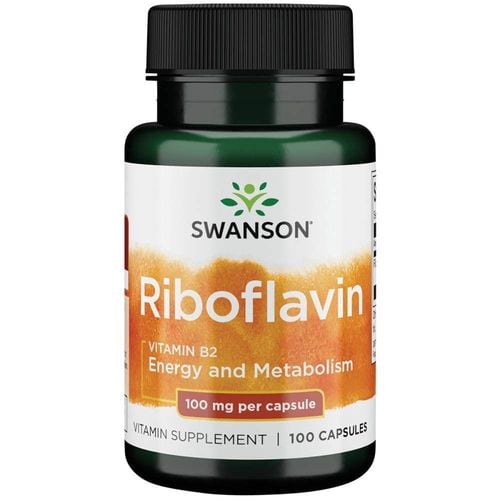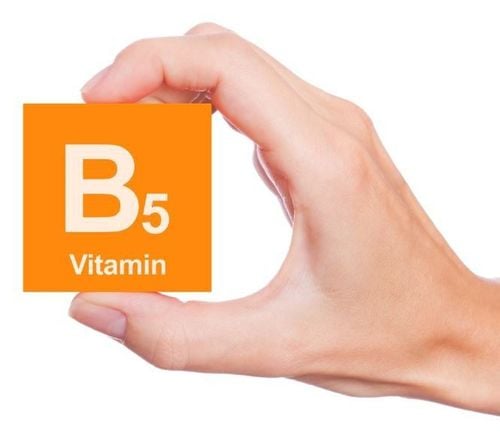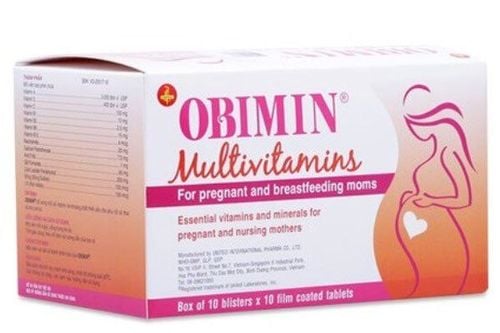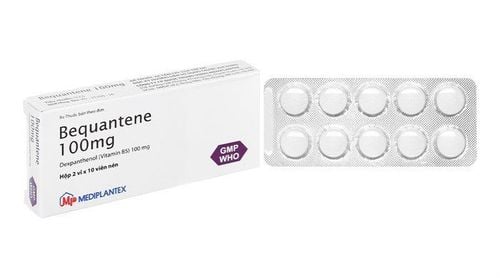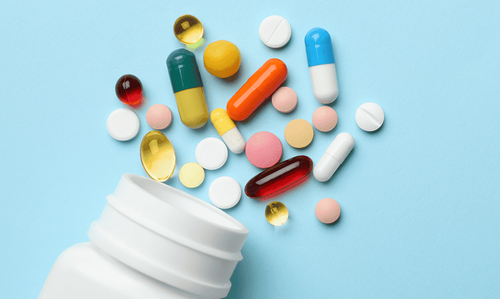This is an automatically translated article.
Vitamins are one of the essential components for the body involved in metabolism and body activities. Vitamins have many types such as vitamin A, vitamin B, vitamin C... each vitamin will have different effects on the body.
1. What are B vitamins?
Vitamin B is an essential vitamin of the body, belonging to the water-soluble group. In the body, B vitamins play an important role, involved in metabolism, the functioning and development of the nervous system as well as other organs in the body including the skin and hair. Vitamin B is also a necessary ingredient in the process of converting food into substances, helping the body absorb and create energy, and regulate chemical reactions of enzymes or proteins.
The role of vitamin B in health:
Reduce the risk of stroke because vitamin B is involved in blood formation and cell growth. Prevent beriberi edema caused by vitamin B1 deficiency. Helps strengthen the body's immune system. Participating in metabolism, providing energy for body activities. Participates in hormone production. Reduces the risk of cardiovascular diseases, prevents anemia. Promotes healthy skin and hair.
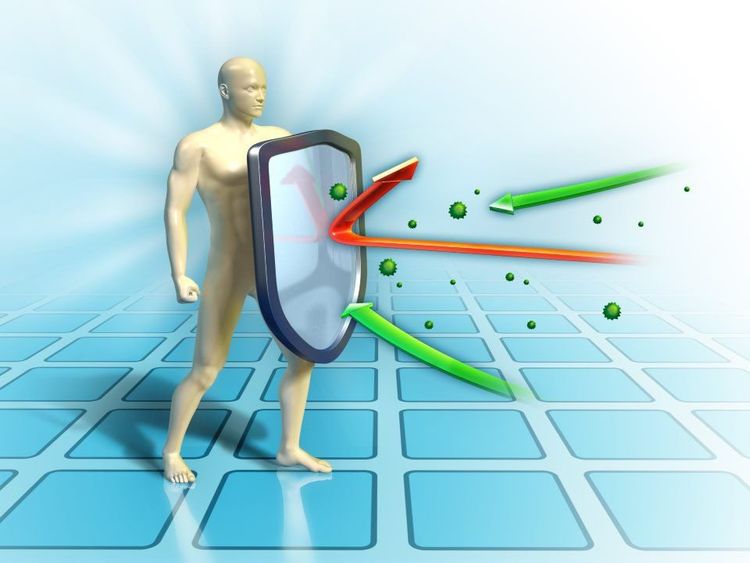
Vitamin B giúp tăng cường hệ miễn dịch của cơ thể
2. The role of vitamin B in the body
B vitamins have many different types such as vitamins B1, B2, B3, B5, B6, B12... Each type of vitamin B has different effects on the body.
Vitamin B1 (thiamine)
Is a dominant vitamin of the nervous system that without it can cause fatigue, depression, lack of concentration..., stimulates the digestive system to play an important role in carbohydrate metabolism, increased muscle activity, increased nerve and heart nourishment. Deficiency of B1 causes beriberi edema. Foods high in vitamin B1: whole grains, meat, legumes, especially peas. Vitamin B2 (riboflavin)
Increases red blood cell production, supports cells in energy production, participates in the treatment of prolonged diarrhea, infections, constant fever, intestinal diseases or frequent seriously injured... Foods rich in vitamin B2: dark green vegetables, meat, bananas, apples, pears, or grains...
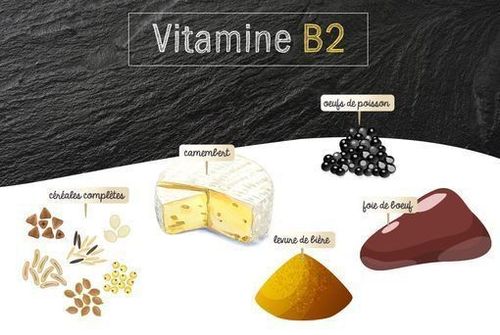
Vitamine B2 giúp tăng tạo hồng cầu, hỗ trợ các tế bào trong chức năng tạo năng lượng
Vitamin B3 (niacin or nicotinic acid)
As a component of the coenzyme NAD and NADP, it plays a major role in the metabolism of sugars and fats to generate energy for the body to function, and at the same time helps to support the nervous system. and digestion, play an important role in the production of energy in cells, keeping the skin youthful and promoting the health of the nervous system and digestive system. Vitamin B3 has been implicated in lowering blood cholesterol and triglycerides. Vitamin B3 deficiency will cause dermatitis, glossitis, or neurological manifestations such as headache, memory loss... Vitamin B5 (pantothenic acid)
Vitamin B5 deficiency causes fatigue, difficulty fatigue, nausea, insomnia, can help the body fight infections, produce neurotransmitters in the brain... Vitamin B5 also works to make hair shiny, healthy skin, clear skin. Cosmetology is widely used for acne-prone skin by helping to dissolve excess oil on the skin. Vitamin B5 also supports cardiovascular health, enhances hemoglobin levels, reduces stress... Vitamin B6
Involves in protein and fat metabolism, supporting the functioning of the immune system. fluids, maintain the health of red blood cells, nourish the nervous system. Clinical application of vitamin B6 in the treatment of iron-deficiency anemia, convulsions in children, high blood homocysteine levels... Foods rich in vitamin B6: meats, fish, root vegetables such as raspberries, red bell peppers, peas, broccoli, bananas, or nuts... Vitamin B7 (biotin) also known as vitamin H
Participates in hormone production , contributes to the digestion of proteins and carbohydrates, is necessary for the formation of fatty acids and glucose, increases the production of hormones. Biotin is used extensively to promote vitality, health, and shine to hair and nails. Vitamin B7 is rich in liver, cauliflower, salmon, carrots, soybean meal, wheat germ, cereals or eggs... Vitamin B9 (folic acid)
Is one of the important vitamins in the production of vitamin B7. Red blood cells, which help cells make and maintain DNA, are especially important during the period of cell division and development in infants and pregnant women. Vitamin B9 deficiency causes megaloblastic anemia. Vitamin B12
Helps reduce the risk of cervical cancer, reduces homocysteine levels in the body, has an important role in the growth and development of the body, is an important factor in the production of blood cells, nourishes nerve cells, on the other hand helps the body to use folic acid more optimally. Vitamin B12 deficiency can cause depression, anemia, fatigue and, if prolonged, can cause permanent damage to the brain and central nervous system. Foods that contain a lot of vitamin B12 such as clams, oysters, mussels, animal liver, fish such as mackerel, tuna, seafood, beef... Vitamin B is one of the important ingredients. of the body, participates in metabolism, is present in most of the body's vital activities. Vitamin B deficiency or excess vitamin B will also affect health. Let's establish a scientific diet, full of necessary nutrients with moderate amounts to ensure health.
Please dial HOTLINE for more information or register for an appointment HERE. Download MyVinmec app to make appointments faster and to manage your bookings easily.
Article referenced source: National Institute of Nutrition



